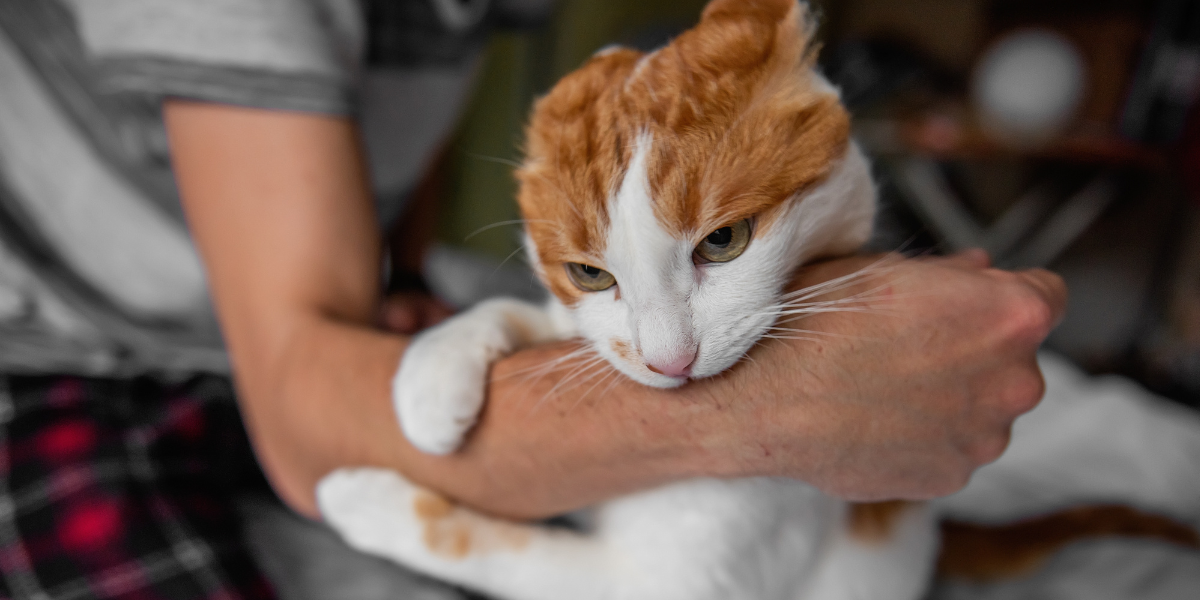We love our cats, even when their behavior can be puzzling and occasionally painful. If your cat has recently started to attack you out of the blue, it’s essential to understand the reasons behind this sudden behavior. Cats display unique personalities and behaviors, making it crucial for owners to decipher what’s happening when their beloved pet seems to turn aggressive.
Understanding Feline Behavior
Cats are natural hunters, and their instincts can trigger sudden attacks. Even well-fed indoor cats have a strong prey drive. If you notice your cat lunging at your feet or hands, it may be channeling its hunting instincts. Here are a few factors to consider:
- Instinctual behavior: Cats are hardwired to hunt and may see your movements as an opportunity to practice their skills.
- Play aggression: Often, what seems like an attack is merely a playful bite or scratch. Cats often engage in rough play with their owners, confusing excitement with aggression.
- Overstimulation: Cats can become overstimulated during petting or playtime, leading to sudden outbursts. It’s important to watch for signs of agitation, such as tail flicking or flattened ears, indicating they may need space.
Is Your Cat Pain or Jealous?
If your previously gentle cat starts attacking you unexpectedly, it’s vital to assess its health and emotional state. Cats can express pain through aggressive behavior, so consider the following:
- Examine for signs of illness: Sudden changes in behavior might indicate underlying health issues. Consult your veterinarian to rule out physical ailments.
- Monitor interactions: If a new pet or person is introduced to the household, your cat could be feeling jealous or threatened. Creating a safe space for your cat can help alleviate these feelings.
How to Stop the Attacks
Once you’ve identified the possible triggers for your cat’s aggression, it’s time to develop some strategies to minimize these unwanted behaviors:
- Avoid provoking your cat: Don’t play rough or encourage biting during play; use toys instead of your hands.
- Redirect behaviors: If your cat exhibits aggressive instincts, providing toys that simulate prey, such as feather wands or laser pointers, can redirect their energy.
- Establish boundaries: If your cat attacks you when given attention, it’s essential to respect their space. Allow your cat to approach you on its terms.

Conclusion
Understanding your cat’s sudden aggression is essential for maintaining a harmonious relationship. By observing their behavior, you can pinpoint the triggers for their attacks and take appropriate action to reduce aggression in the future. Remember, your cat is not acting out of malice—it’s a natural instinct that can often be managed through patience and training. If the behavior continues or escalates, don’t hesitate to reach out to a veterinarian or a feline behaviorist for further assistance.







Facebook Comments